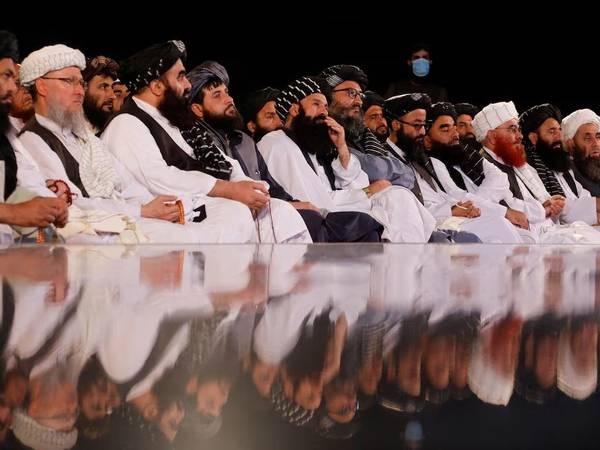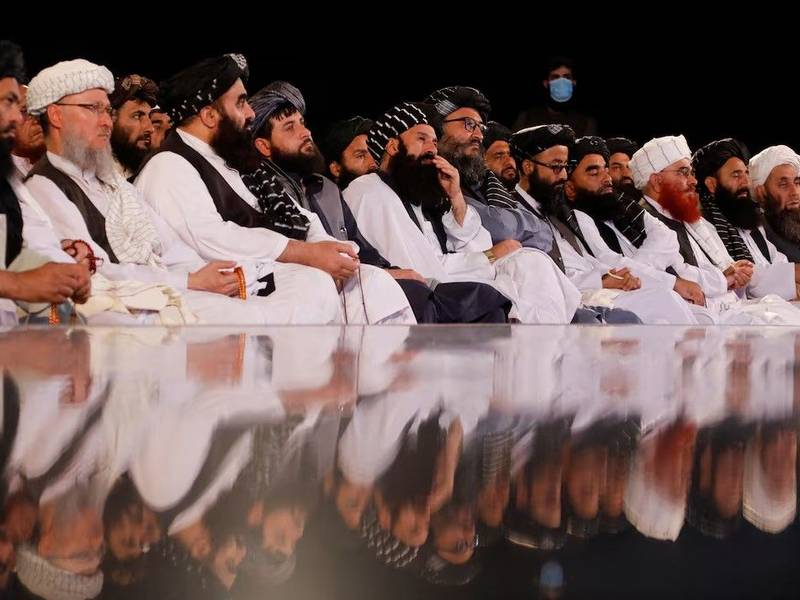A senior Pakistani official has said there is no urgency for Islamabad to formally recognise the Taliban administration, despite maintaining extensive unofficial ties with the group.
“We, of course, will take a decision keeping in view our national interest. I can tell you there is no hurry,” the official told The Express Tribune on condition of anonymity.
The remarks come just days after Russia became the first country to formally recognise the Taliban as the official government of Afghanistan raising its flag over the Afghan embassy in Moscow. Some analysts believe the move could open the door for other regional powers to follow suit.
According to the report, Pakistani officials were not surprised by Russia’s decision, noting that Moscow had already signalled its acceptance of Taliban rule, seeing no viable alternative. Russia’s decision is also understood to be driven by its desire to counter terrorist threats and safeguard strategic interests in the region. Analysts say the Kremlin is concerned that disengagement could leave a vacuum to be filled by rivals such as the United States.
At a press briefing on Friday, a spokesperson for Pakistan’s Ministry of Foreign Affairs responded cautiously to Russia’s announcement, stating that such matters are between two sovereign states. While Islamabad has not yet formally recognised the Taliban regime, it has agreed to upgrade diplomatic ties.
Last month, following a trilateral meeting in Beijing involving the foreign ministers of Pakistan, Taliban, and China, Islamabad and Kabul agreed to elevate their diplomatic engagement, including the formal appointment of ambassadors in both capitals. China reportedly played a key role in brokering the agreement, hoping to promote regional stability and security.
Despite progress, one major factor behind Pakistan’s hesitation to formally recognise the Taliban is the ongoing concern over terrorist safe havens in Afghanistan. However, recent Taliban actions have been viewed by Islamabad as constructive. These include steps against Afghan nationals affiliated with Tehreek-e-Taliban Pakistan (TTP) and a decree from the Taliban’s supreme leader banning Afghans from participating in “jihad” against Pakistan.
There are also unconfirmed reports that the Taliban have disarmed militant groups near the Afghan-Pakistan border following recent terrorist attacks in North Waziristan.
Sources suggest the Taliban now see it in their interest to address the security concerns of Pakistan and other neighbouring countries.
Bilateral relations have gradually improved since Pakistani Foreign Minister Ishaq Dar’s visit to Kabul in April, with increased high-level exchanges underway. Taliban Foreign Minister Amir Khan Muttaqi is expected to visit Islamabad later this month to review bilateral ties and follow up on commitments made during Dar’s visit. His trip had been postponed due to the recent Iran-Israel conflict.

